On March 15, 2019, 51 people, including children, were murdered in mass shootings at two mosques in Christchurch.
The acts of terrorism were unprecedented in New Zealand.
I was visiting friends in Canberra, Australia when the tragedy occurred. In just a couple days I was due to arrive at Rosie’s Backpack Stay in Te Anau, New Zealand where I’d resided a number of years before and after hiking the Milford and Kepler tracks on the South Island.
Twenty years earlier I was the Pastor of a congregation in Oklahoma City when 168 people were murdered in the domestic terrorism bombing of the Alfred P. Murrah Federal Building. Lee Sells, a very active and beloved member of my congregation, was among those killed.
The perpetrator targeted the building because it was a government building filled with government workers in various departments. The huge truck bomb was strategically placed in front of the area where the daycare center for the workers’ children was located. Nineteen children were among those killed.
The response of the entire community was immediate.
All walks of life from near and far worked together to address whatever the needs were. Food for workers and volunteers was donated by drive-thru and dine in restaurants. There were no police calls during those first days, with all the attention focused on supporting one another and the families directly impacted. Even when the spotlight was no longer on OKC, the city’s energy never flagged. The tragedy released the compassion of tens of thousands. The city chose to channel their grief toward healing. There was little mention of the perpetrator. There was too much good being done in the face of such evil, and that’s what everyone remained focused on.
A vigil in Christchurch was scheduled for the Saturday evening after the tragedy. I decided to take a bus from Te Anau to Christchurch. I was already planning to go there so that I could travel by bus along the east coast to get to the North Island. (I had driven along the west coast on my first trip to New Zealand.) Having gone through the OKC bombing, I wanted to be there in solidarity with those reeling from the terrorist attack.
Checking my Facebook feed, I saw a post by one of the children from the OKC congregation, now grown up with children of her own. Katie had just taken her children to the Memorial built after the bombing. It was thoughtfully designed to show the aftermath and to honor the lives of each of those who died in the bombing.
The memorial leads people through a healthy experience of grief laced with celebration of the good done by so many who came together to challenge the evil, refusing to let it win. Katie wanted her children to experience the harsh reality of what happened when she was their age, feel a bit of what she experienced, and see the power of good that emerged in response.
The fact that children were killed in both tragedies was a horrifying parallel. The intersection of those two events, that Facebook post, and my happening to be right there at that moment created an overwhelming urge to be at the vigil and try to share the post with someone, anyone.
There were said to be 30,000 in that park that evening, standing in front of an outdoor stage. The first visible act of compassion was the sea of headscarves. To show their solidarity with the Muslim community impacted by what had happened, most of the women present wore headscarfs. They wanted to make clear that the hatred shown by the white supremacist terrorists had no place there.
One of the first events on stage was a prayer spoken in the Maori language. Then a group came onstage and performed a Haka. The emotional intensity was in the voices and the faces of every participant. I didn’t know the meaning of the words, but I had seen it done once when it was explained to be a welcoming ceremony that looks and sounds very threatening but ends with an invitation to peace, a small frond is placed in front of the leaders of the visitors. I read the intensity to be a declaration that evil has lost, leaving room for healing.
The speakers included a member of the mosque and survivor of the mass shooting: a young student who spoke eloquently beyond his years, reflecting on the goal of acceptance of one another, Maori religious leader, the Prime Minister Jacinda Ardern, and a number of others, none of whom spoke the name of the perpetrator or spoke of vengeance. All the attention was on solidarity, healing, and inclusiveness. I waited until the end of the event and stood in line to speak to a woman from the mosque who had spoken. After all the rest had spoken with her, I told her about the Oklahoma City bombing that had also included the deaths of children twenty years earlier. I read Katie’s post to her, prefacing it with the observation that this came from someone who had gone through it as a child and had seen the good that followed the evil without denying that evil. She listened, was visibly moved by it, and thanked me for sharing it with her.
In biblical Greek, the word for compassion is splangchnizomai (σπλαγχνίζομαι). It is not a soft and sweet word, but one that comes from the Greek word for innards, guts. Compassion is more like a kick in the gut than a tender feeling of concern. It demands action, doing something to make a difference in the lives of those for whom we feel compassion. To feel compassion for a time, but then do nothing, seems to me to suggest that the compassion has no substance, that it is just a momentary twinge.
Mustafa Boztas, a 21-year-old survivor of the shooting at Al Noor, said remembrance events show that “New Zealand cares” about its Muslim minority, which accounts for over one percent of the country’s nearly five million people. Under Jacinda’s leadership, New Zealand responded by quickly taking action on controlling the weapons used in the attack and enacting common sense gun laws to improve public safety. Programs were developed to be more inclusive of various ethnicities and backgrounds under the theme, “This is our Home.” The Parliament sought to improve defenses against terrorist activities.
Today, all over the world, we seem to be hopelessly polarized, as if we are in a battle between greed and compassion. Without compassion, it is hard to picture a path to healing. I think we need the compassion that feels like a kick in the collective gut, compassion that actually feels the pain of those around us rather than denying it or co-opting it as our own. We need not to be disabled by it but to allow it to energize and empower us to do something about what is causing that pain. It will mean making hard decisions that are not driven by self-interest but by the will to do something, something measurable, to take a step toward healing the pain.
I’ve seen entire countries refuse to let the evil triumph. I’ve seen compassion win.
This is our only path forward.
The Destination is Now,
Peter




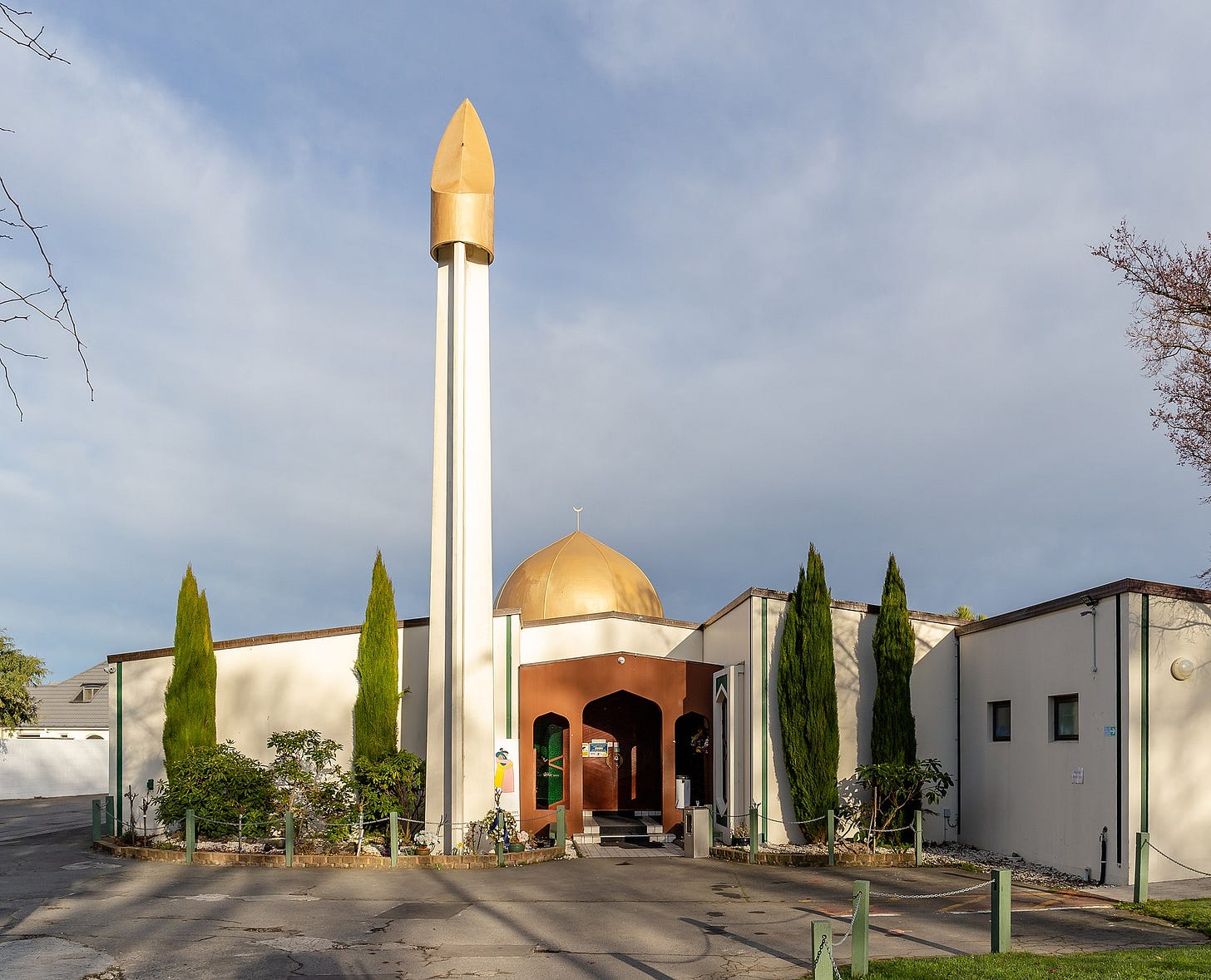


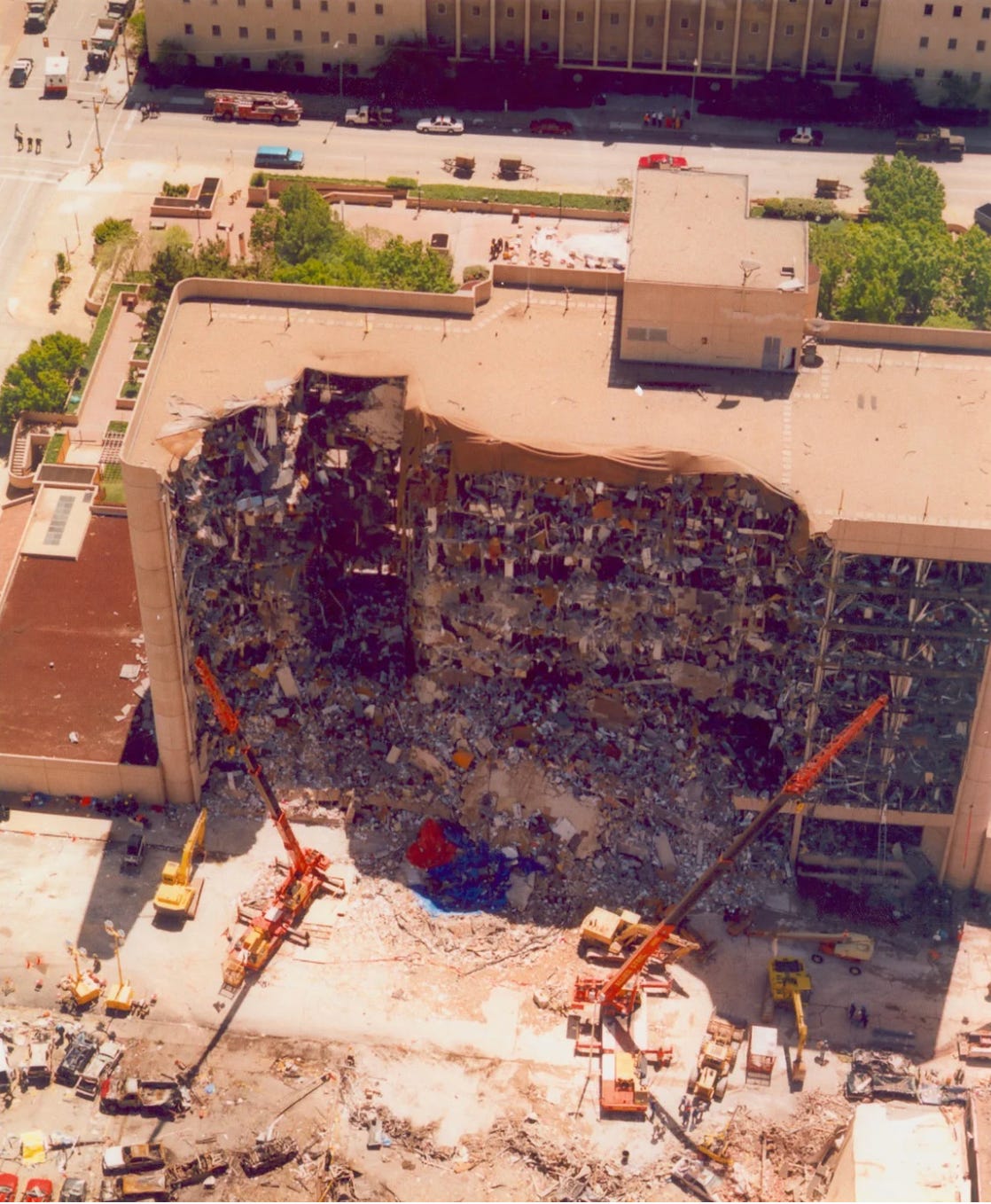
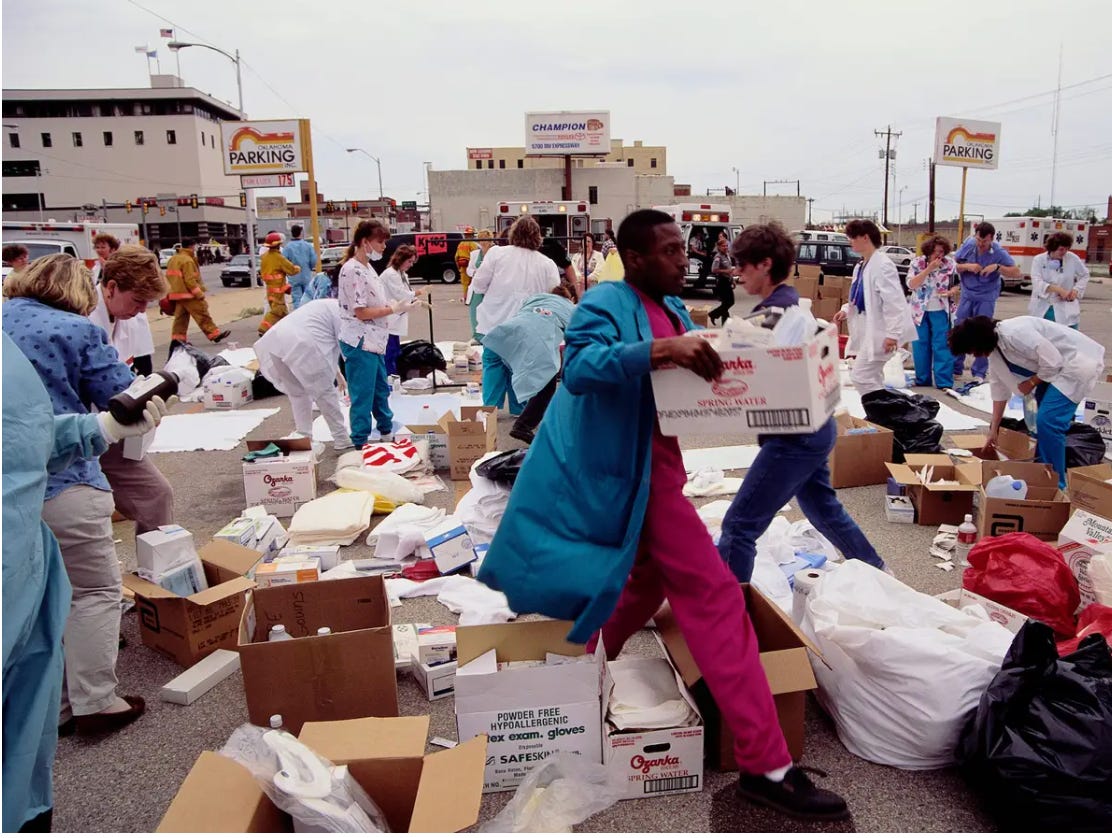

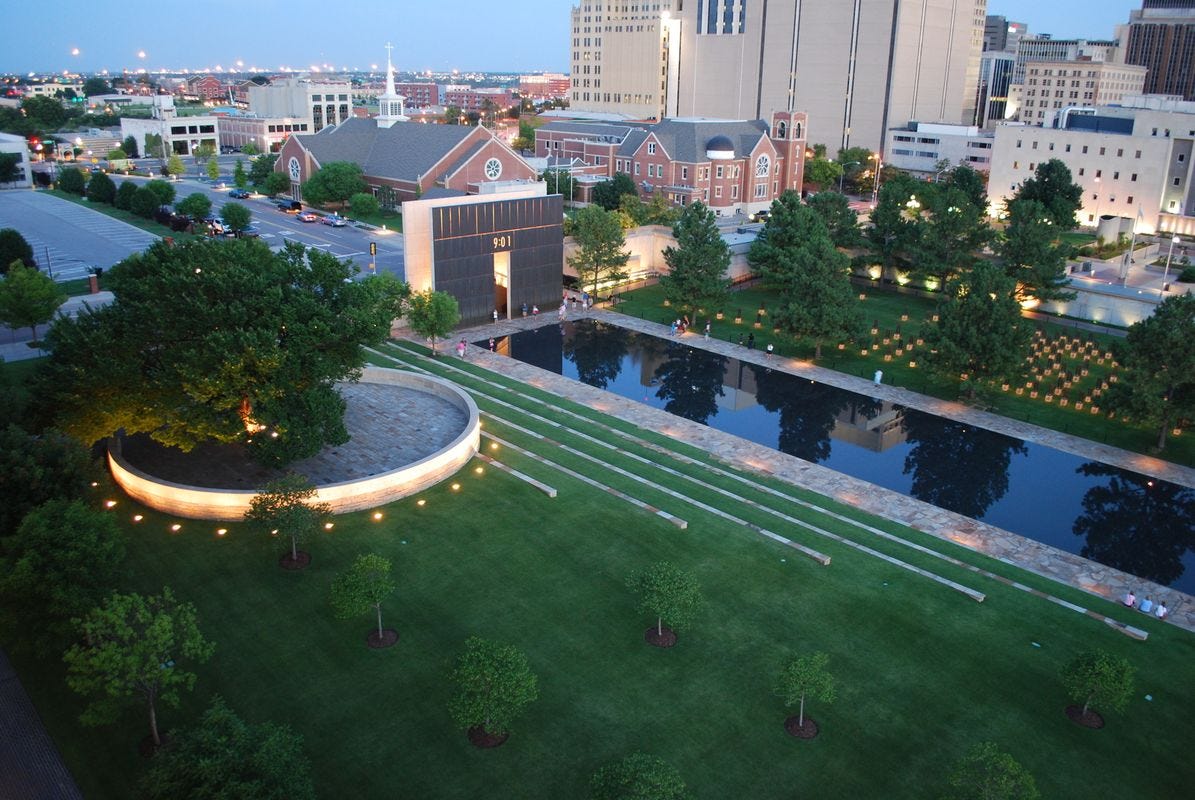

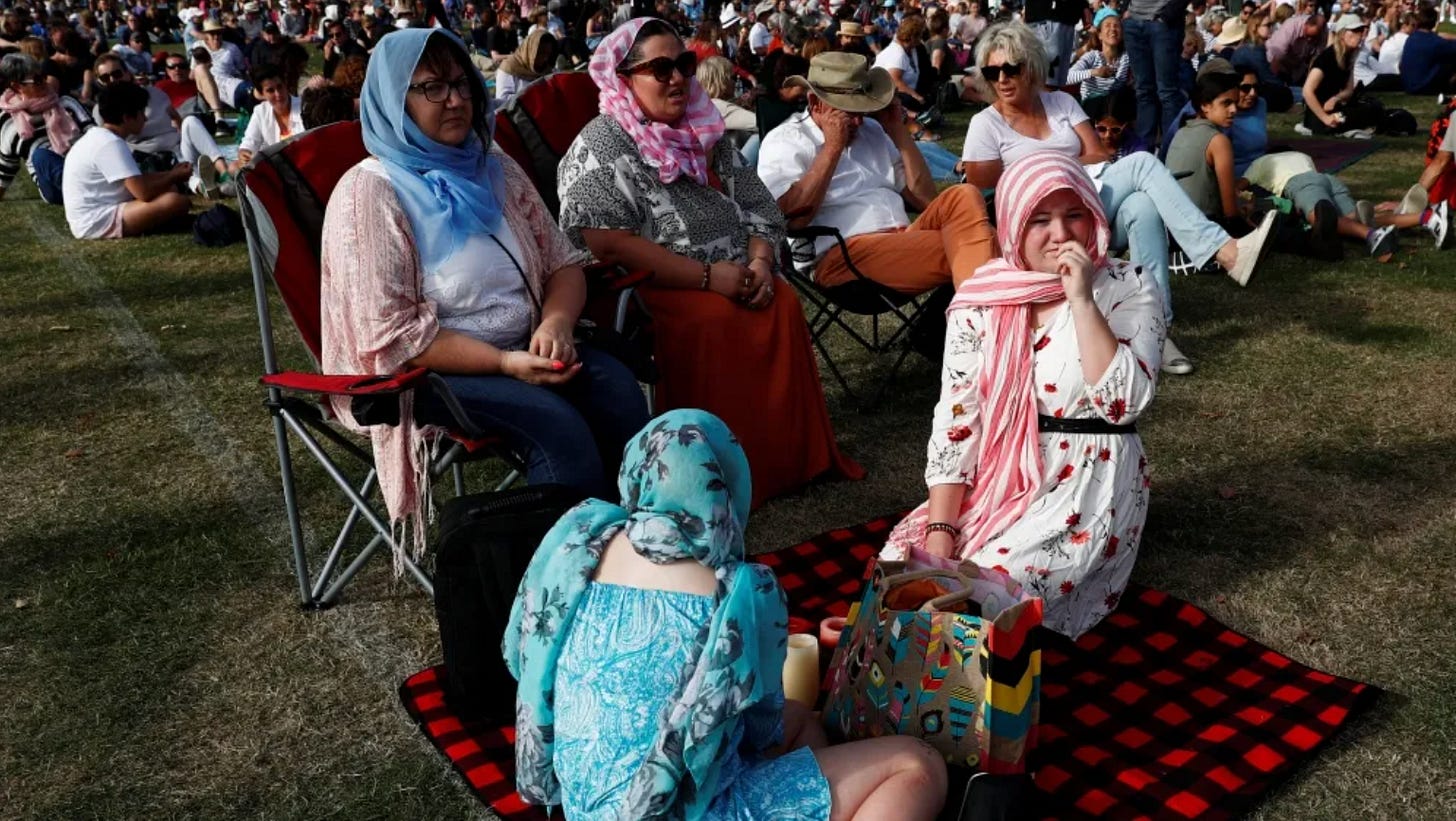
🤍🤍 beautiful
I was so moved by your words. I value the tree in my backyard there to honor your friend. It is an honor to tend to it.